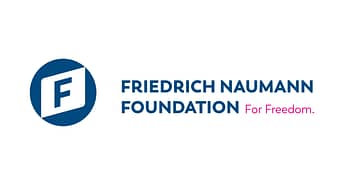By Raquel Miguel Serrano, EU DisinfoLab
introduction
- Germany’s strong tradition of alternative medicine and sui generis relationship with Russia made the country a particularly fertile ground for disinformation during the Covid-19 pandemic and the war in Ukraine. It is worth noting that Germany was the main Western target of Russian propaganda many years before the Russian invasion of Ukraine started.
- Far-right groups – in touch with the country’s controversial Nazi past – have partly adopted racist and anti-Semitic theories, which also play a role in disinformation with hate speech overtones.
- External events exacerbated and intensified the flow of disinformation, exploiting and maximising polarisation around issues such as migration, gender issues or climate change.
- The recent discovery of a coup plot by the Reichsbürger movement, whose members deny the legitimacy of the German state and institutions, also sharing some views with QAnon, highlights two potential risks of disinformation. First, the breakdown of the social-institutional contract that allows democracies to function. Second, the rise of radical political discourses.
- In a nutshell, the German disinformation landscape faces old and new challenges, as well as domestic and external threats that feed on each other.
To gain a more accurate understanding of the German disinformation landscape, click on the below button.
We have more European country factsheets. Curious to discover the others? Click here.
This project is funded by the Friedrich Naumann Foundation for Freedom.



